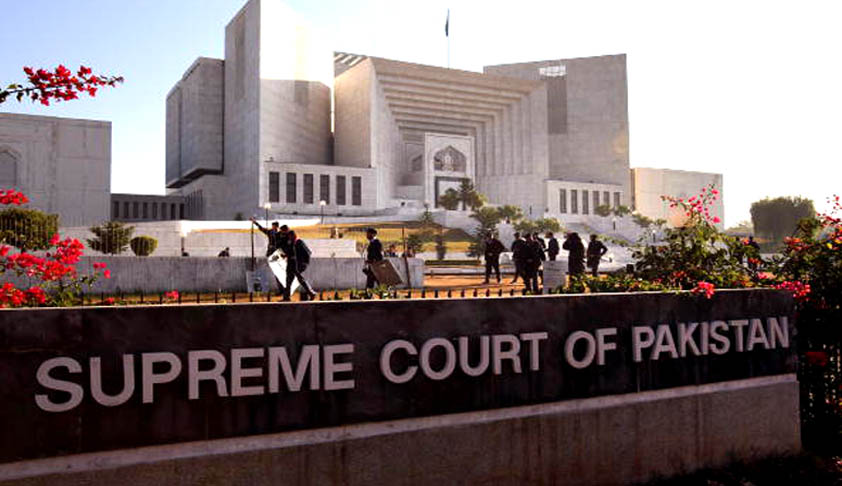Appoint renowned architect for restoration of Hindu Temple: Pakistan SC
Apoorva Mandhani
27 Aug 2015 9:45 AM IST

Next Story
27 Aug 2015 9:45 AM IST
A three Judge Bench of the Pakistan Supreme Court headed by Chief Justice Jawwad S. Khawaja has reportedly expressed dissatisfaction with the restoration work of a Hindu Temple in the Khyber-Pukhtunkhwa and ordered the Government to hire a renowned architect for the task.The Bench directed the authorities to come up with a plan to rebuild the Shri Paramhans Ji Maharaj's Samadhi, which...
